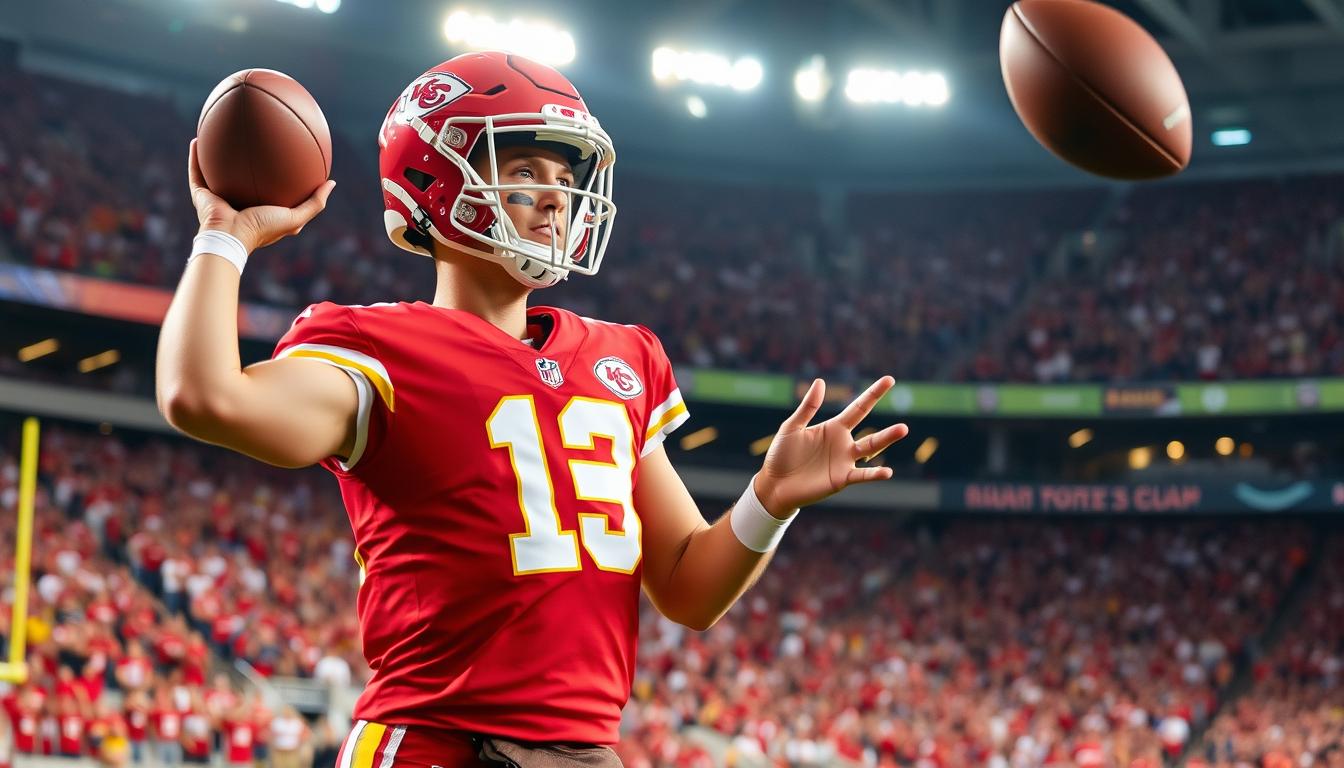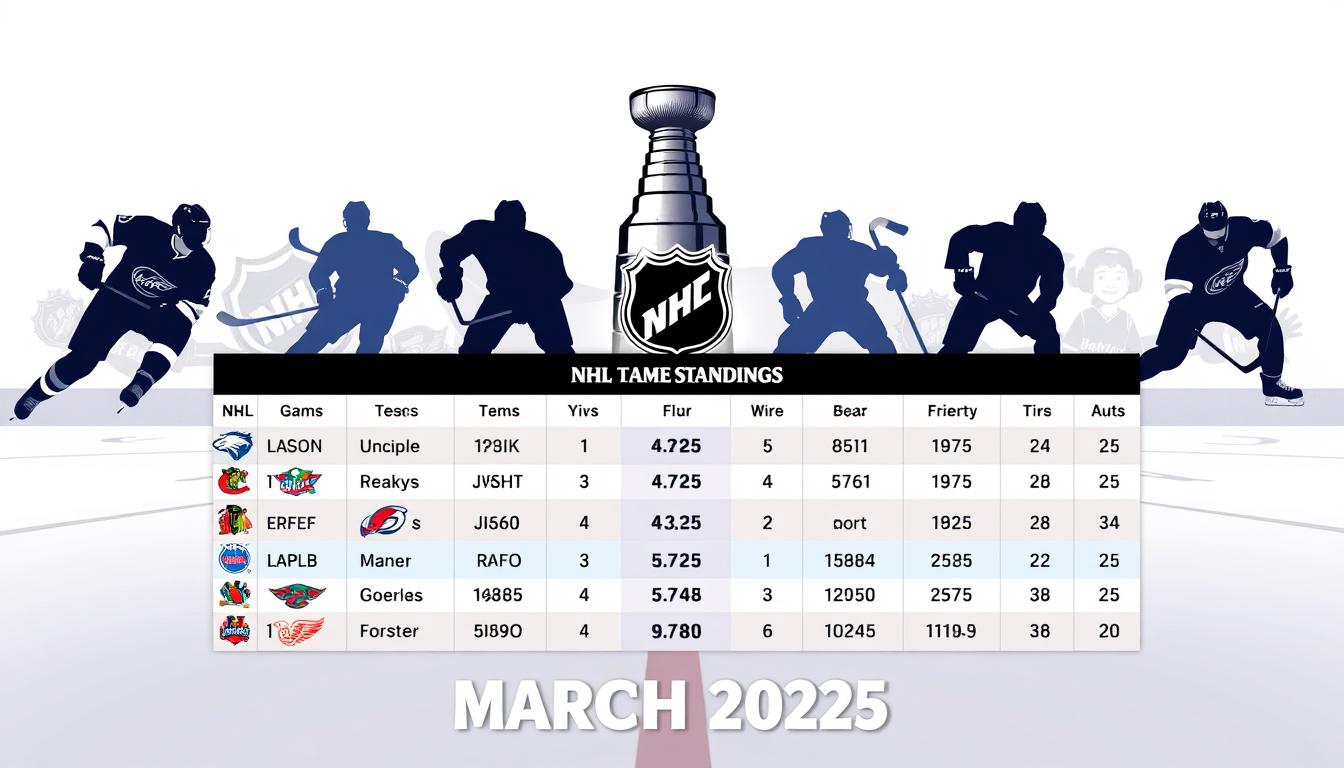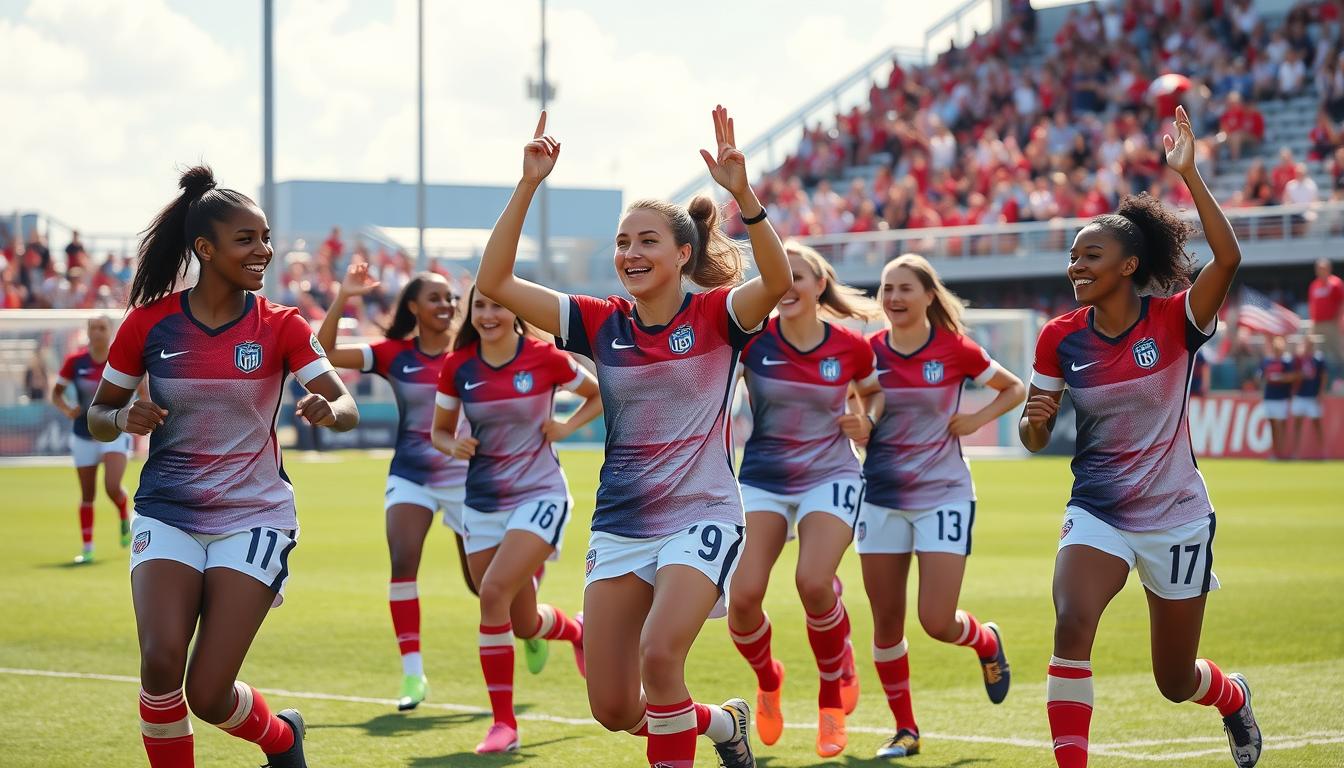Michael Jordan, a name that echoes across generations, transcends the boundaries of basketball to stand as a towering figure in the pantheon of professional sports. Nearly three decades after his last NBA championship, Jordan’s legacy remains untouchable, a testament to his unparalleled dominance, mental fortitude, and cultural impact.
Often dubbed the “Superman” of sports, Jordan’s career with the Chicago Bulls and his brief stint with the Washington Wizards showcased a level of excellence that redefined what it means to be a champion. He was a man who, in the end, could never be beaten—not by opponents, not by adversity, and not by the passage of time. This article explores the myriad reasons why Jordan earned this mythic status, from his on-court heroics to his off-court influence, cementing his place as the ultimate victor in the world of professional athletics.
Born on February 17, 1963, in Brooklyn, New York, and raised in Wilmington, North Carolina, Michael Jeffrey Jordan was the fourth of five children in a working-class family. His father, James, worked as a mechanic, while his mother, Deloris, was a bank teller.
From an early age, Jordan displayed a competitive streak that would define his life. He was cut from his high school varsity basketball team as a sophomore—a moment that fueled his relentless drive to prove himself. By the time he enrolled at the University of North Carolina, he was a raw but immensely talented guard. His freshman year culminated in a game-winning shot against Georgetown in the 1982 NCAA Championship, a harbinger of the clutch performances that would become his trademark.
Jordan entered the NBA in 1984, drafted third overall by the Chicago Bulls, a struggling franchise in a league dominated by the Los Angeles Lakers and Boston Celtics. At 6’6” with a 46-inch vertical leap, Jordan combined athleticism, skill, and an unyielding work ethic that set him apart from his peers. His rookie season averages of 28.2 points, 6.5 rebounds, and 5.9 assists per game earned him the Rookie of the Year award, but it was his style—explosive dunks, acrobatic layups, and a fierce defensive intensity—that captivated fans.
The Air Jordan brand, launched by Nike in 1985, became an instant cultural phenomenon, with the iconic black-and-red sneakers selling out despite a $5,000 fine per game from the NBA for violating uniform rules. Jordan’s marketability was evident, but it was his on-court dominance that would solidify his Superman moniker.
The 1980s NBA was a brutal proving ground, with physical play and fierce rivalries defining the era. Teams like the “Bad Boy” Detroit Pistons, led by Isiah Thomas and Bill Laimbeer, employed the “Jordan Rules”—a strategy of double- and triple-teaming Jordan, often with hard fouls, to wear him down.
For years, the Pistons were Jordan’s kryptonite, eliminating the Bulls in the playoffs from 1988 to 1990. But Jordan’s response to adversity was what made him superhuman. He hit the weight room, adding 15 pounds of muscle to his frame, and honed his mid-range jumper, transforming himself into an unstoppable force. By 1991, the Bulls had assembled a championship-caliber team around Jordan, with Scottie Pippen as his versatile sidekick and Phil Jackson as the mastermind coach.
That year, they swept the Pistons in the Eastern Conference Finals and dismantled Magic Johnson’s Lakers in the NBA Finals, with Jordan averaging 31.2 points, 6.6 rebounds, and 11.4 assists to win Finals MVP.
What followed was a reign of dominance that has no parallel in professional sports. From 1991 to 1993, the Bulls won three straight NBA titles, with Jordan at the peak of his powers. In the 1992 Finals against the Portland Trail Blazers, he famously shrugged after hitting his sixth three-pointer in the first half, a moment that encapsulated his effortless brilliance.
The 1993 Finals against Charles Barkley’s Phoenix Suns saw Jordan average 41 points per game, a Finals record that still stands. His ability to elevate his game in the biggest moments was uncanny—whether it was the 63-point playoff performance against the Celtics in 1986 (a record Larry Bird called “God disguised as Michael Jordan”) or “The Shot” over Craig Ehlo in 1989 to eliminate the Cleveland Cavaliers, Jordan thrived under pressure.
Yet, Jordan’s Superman status wasn’t just about his physical gifts or scoring prowess; it was his mental toughness that set him apart. In 1993, at the height of his fame, he shocked the world by retiring from basketball to pursue a career in baseball, fulfilling a promise to his father, who had been murdered earlier that year. Critics scoffed at the move, and his stint with the Birmingham Barons, a Double-A affiliate of the Chicago White Sox, was underwhelming—he hit .202 with 3 home runs in 127 games.
But Jordan’s willingness to step out of his comfort zone, to risk failure in a new sport, revealed a fearlessness that only enhanced his legend. By 1995, he was back in the NBA, wearing the iconic No. 45 jersey (later returning to No. 23), and the Bulls were ready to reclaim their throne.
The second three-peat from 1996 to 1998 solidified Jordan as the Superman of professional sports. The 1995-96 Bulls went 72-10, a record that stood until the Golden State Warriors surpassed it in 2016. Jordan, now 33, was a more complete player, blending his scoring with elite defense—he won the Defensive Player of the Year award in 1988 and made nine All-Defensive First Teams.
In the 1996 Finals against the Seattle SuperSonics, he showcased his versatility, guarding multiple positions while averaging 27.3 points. The 1997 Finals against the Utah Jazz gave us the “Flu Game,” where a visibly ill Jordan scored 38 points, including a game-clinching three, to lead the Bulls to a 90-88 win in Game 5. And in 1998, with the Bulls on the brink of collapse due to internal tensions, Jordan delivered his magnum opus: a 45-point performance in Game 6 against the Jazz, capped by “The Last Shot” over Byron Russell to secure his sixth championship and sixth Finals MVP—an unprecedented perfect record in Finals appearances.
Jordan’s 6-0 Finals record is often cited as the ultimate proof of his invincibility. Unlike other sports legends—LeBron James, who has lost six Finals, or Tom Brady, who has three Super Bowl losses—Jordan never faltered when it mattered most. His ability to win, no matter the odds, earned him the Superman mantle.
In an era without load management, Jordan played all 82 games in nine of his 15 NBA seasons, averaging 38.3 minutes per game over his career. He led the league in scoring 10 times, a record, and his career average of 30.1 points per game remains the highest in NBA history. Offensively, he was a maestro, with a fadeaway jumper that was unguardable and a first step that left defenders in his wake. Defensively, he was a lockdown artist, often guarding the opponent’s best player while still carrying the offensive load.
Beyond statistics, Jordan’s competitive fire was what made him superhuman. Stories of his intensity are legion—whether it was trash-talking opponents, betting teammates in practice, or turning perceived slights into fuel for domination. In 1992, after Clyde Drexler was compared to him, Jordan outscored him 35-22 in Game 1 of the Finals, later saying, “Clyde’s a great player, but I’m Michael Jordan.”
His gambling habits, which drew scrutiny in the 1990s, were an extension of his competitiveness—he bet on everything from cards to golf, always seeking an edge. This win-at-all-costs mentality made him a nightmare for opponents but a god to fans. In Chicago, he was more than a player; he was a deity, the man who turned a middling franchise into a global brand.
Jordan’s impact off the court was equally superhuman. The Air Jordan brand revolutionized sports marketing, with Nike’s revenue from the line reaching billions annually. The sneakers, now collector’s items, spawned a sneaker culture that persists today, with limited releases causing lines around the block. Jordan’s endorsement deals—with Gatorade, McDonald’s, and Hanes—made him a household name, and his role in the 1992 Dream Team, alongside Magic Johnson and Larry Bird, globalized basketball.
The Dream Team’s gold medal run at the Barcelona Olympics introduced the NBA to a worldwide audience, with Jordan as its poster boy. His appearance in the 1996 film Space Jam, alongside Bugs Bunny, further cemented his cultural dominance, blending sports and entertainment in a way that had never been done before.
Jordan’s influence extended to the business world as well. In 2010, he became the majority owner of the Charlotte Hornets (then Bobcats), making him the first former NBA player to own a team. The Hornets saw significant financial growth under his leadership, valued at $3 billion by the time he sold his majority stake in 2023 for a massive profit, though he retained a minority share and remains chairman. His ownership tenure wasn’t without criticism—the Hornets struggled on the court, making the playoffs only three times during his reign—but his ability to turn a small-market team into a financial success underscores his Midas touch. Jordan’s net worth, estimated in the billions, makes him one of the richest athletes ever, a far cry from the kid who once worked odd jobs to help his family make ends meet.
What truly sets Jordan apart as the Superman of professional sports is his inability to lose in the end. Even his failures—being cut from his high school team, losing to the Pistons early in his career, his baseball stint—became stepping stones to greater triumphs. When he returned to the NBA in 1995, he was initially rusty, and the Bulls lost to the Orlando Magic in the playoffs.
But the following year, he led them to the 72-10 record and another title, proving that even a setback couldn’t keep him down. His brief comeback with the Washington Wizards from 2001 to 2003, at age 38, was less successful—he averaged 21.2 points over two seasons but couldn’t lead the team to the playoffs. Yet, even then, he showed flashes of brilliance, scoring 51 points in a game against the Hornets at 38, the oldest player to do so at the time.
Jordan’s legacy remains as vibrant as ever. Younger fans, who never saw him play live, know him through YouTube highlights, The Last Dance documentary, and the Air Jordan brand. His six championships are a benchmark that even the greatest modern players—LeBron James, Kevin Durant, Steph Curry—struggle to match. LeBron, often compared to Jordan, has four titles but lacks the perfect Finals record and the same aura of invincibility.
Brady, with seven Super Bowl rings, comes closest in terms of sustained excellence, but his losses on the biggest stage contrast with Jordan’s flawless record. In other sports, figures like Serena Williams (23 Grand Slams) and Lionel Messi (2022 World Cup) have their own claims to greatness, but none match Jordan’s combination of athletic dominance, cultural impact, and unblemished legacy.
Jordan’s Superman status is also rooted in his ability to inspire. He made basketball a global sport, paving the way for international stars like Dirk Nowitzki, Giannis Antetokounmpo, and Nikola Jokić. His work ethic—practicing until his hands bled, outworking everyone in the gym—set a standard for what it means to be a champion.
Players like Kobe Bryant, who idolized Jordan and emulated his game, carried his legacy forward, with Bryant’s five titles a direct nod to his mentor’s influence. Jordan’s famous quote, “I’ve failed over and over and over again in my life, and that is why I succeed,” resonates with athletes and non-athletes alike, a reminder that true greatness is forged through perseverance.
In the end, Michael Jordan’s invincibility lies in his ability to rise above every challenge, to turn every obstacle into an opportunity for greatness. He was a man who could never be beaten—not by the Pistons, not by the Jazz, not by Father Time.
His six championships, his perfect Finals record, and his cultural impact make him the Superman of professional sports, a figure whose legacy endures as brightly today as it did in 1998. Jordan didn’t just play basketball; he redefined what it meant to be a champion, a competitor, and a global icon. And in that, he remains untouchable, a man who, in the end, always won.




